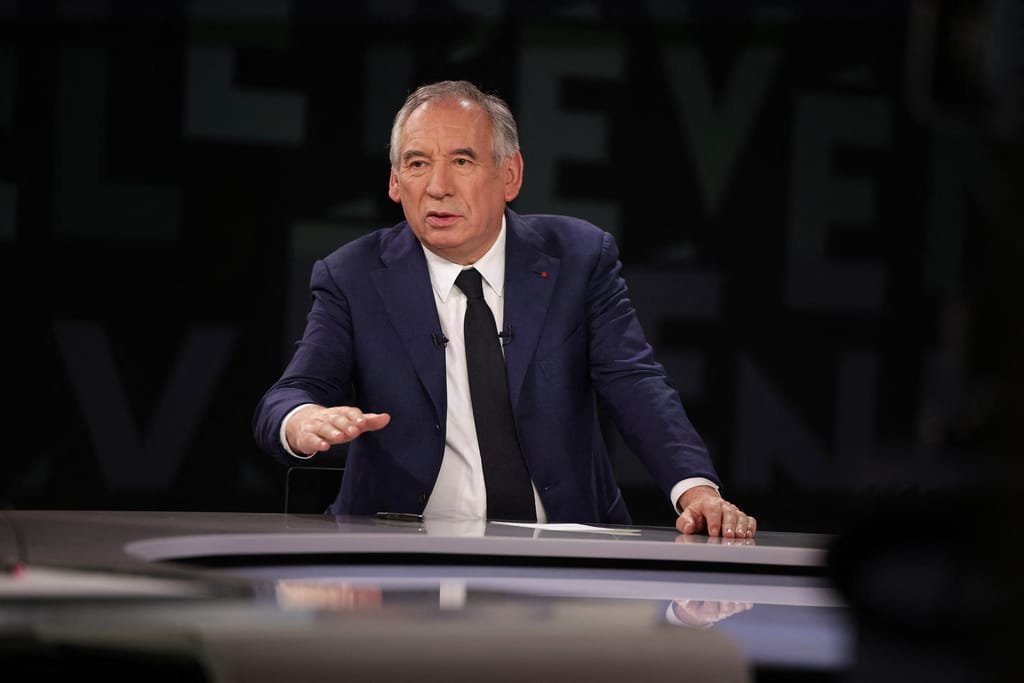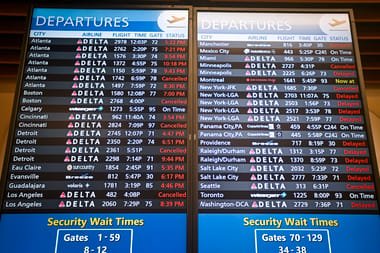The doers, disrupters and dreamers shaping European politics and policy in the year ahead.

Power, like nature, abhors a vacuum.
As we embarked on our annual search for the people poised to shape European politics and policy in the year ahead, we were immediately struck by a conspicuous absence: the familiar faces who typically dominate the power corridors. On a continent reeling from economic malaise, wars at its doorstep, the resurgence of the far right and a looming cold shoulder from its longtime ally in Washington, many of Europe’s traditional power players find themselves sidelined — defanged and disoriented.
In previous years, figures like the French president or German chancellor reliably jostled for the top spots in our POLITICO 28 power ranking. This year, however, neither Emmanuel Macron nor Olaf Scholz made the cut. Their influence has waned, leaving others — often from unexpected or unconventional quarters — to step in and fill the void.
As in years past, we’ve divided the list into three categories: Doers (those most adept at imposing their will), Disrupters (those shaking up the status quo), and Dreamers (whose bold ideas are driving the conversation). At the very top sits the most powerful person in Europe, someone who embodies all three traits of influence in a way that feels especially resonant this year.
It’s important to note that inclusion in the POLITICO 28 is neither an endorsement nor an accolade. It’s a snapshot of power, as judged by our journalists and the insiders with whom they speak. The list reflects who holds sway — not necessarily who should. That’s why, aside from a few notable exceptions, you’ll see a scarcity of women represented. It’s a sobering reminder that Europe’s entrenched power structures still keep women largely on the outside looking in.
Readers will be quick to notice that our Class of 2025 includes a startling number of Eurocrats: Civil servants and political appointees who rarely attract recognition beyond Brussels are now seizing the moment to flex their influence. With politics in disarray, the paper pushers are having their moment in the sun.
Another notable shift? The eastward tilt of Europe’s center of gravity. Four Poles made this list, underscoring Warsaw’s growing relevance. Prime Minister Donald Tusk, last year’s top-ranked figure, has helped shepherd Poland back into the political mainstream. The country’s rise has been further buoyed by a healthy domestic economy and a new European focus on defense and security that seems especially prescient following the reelection of Donald Trump.
Finally, the list captures another continental trend: the ascent of right-wing populists and ultranationalist figures. These leaders, who have undermined civic rights and targeted minorities and asylum-seekers, have gained traction as centrist leaders flounder. Their presence on this year’s ranking is a stark warning: When traditional politicians fail to provide credible alternatives, populism fills the void.
The dispersion of power into unusual places made the compilation of this list an unusually spirited affair, with quite a bit of contentious debate. Depending on one’s political stripes, the figures on the list might be admirable, respectable or even despicable. But there’s one thing they all have in common: an outsized potential to shape Europe’s destiny during the coming year.
Check out the POLITICO 28: Class of 2025




